Mental illness is largely prevalent in Australia, with 3 million individuals living with anxiety or depression every day and an estimated 45% experiencing a mental health condition at least once in their lifetime. According to The National Health and Medical Research Council, our diets have taken a turn for the worst since the 20th century, negatively impacting the overall health of individuals on a global scale. Mental illness conditions have also increased significantly, particularly anxiety and depression.
While there is no dietary cure for depression, research has revealed that a healthier diet may help improve the physical and psychological health of those suffering from depression/or anxiety and ultimately fight to prevent it.
If you’re feeling down, stressed or anxious, why not try improving your eating habits? As the old adage goes, “you are what you eat”! Here, we’ve rounded up some mood-boosters for your next culinary masterpiece!
Fats are your friends
Before you stock up on an endless supply of chocolate; we mean healthy fats, also known as monounsaturated and polyunsaturated fats.
Coined as one of the healthiest of all fats, monounsaturated fat is beneficial for your heart and brain, helping reduce the risk of cardiovascular disease and promoting healthy brain function and blood flow. Delicious food sources of monounsaturated fats are avocadoes, nuts and plant-based liquid oils such us olive oil, peanut oil, canola oil and sesame oil.
Polyunsaturated fats can help reduce the risk of heart disease and stroke and provide the essential nutrients to help protect your body’s cells. Delicious food sources of monounsaturated fats are fish such as salmon and mackerel, nuts, seeds, tofu and sunflower oil.
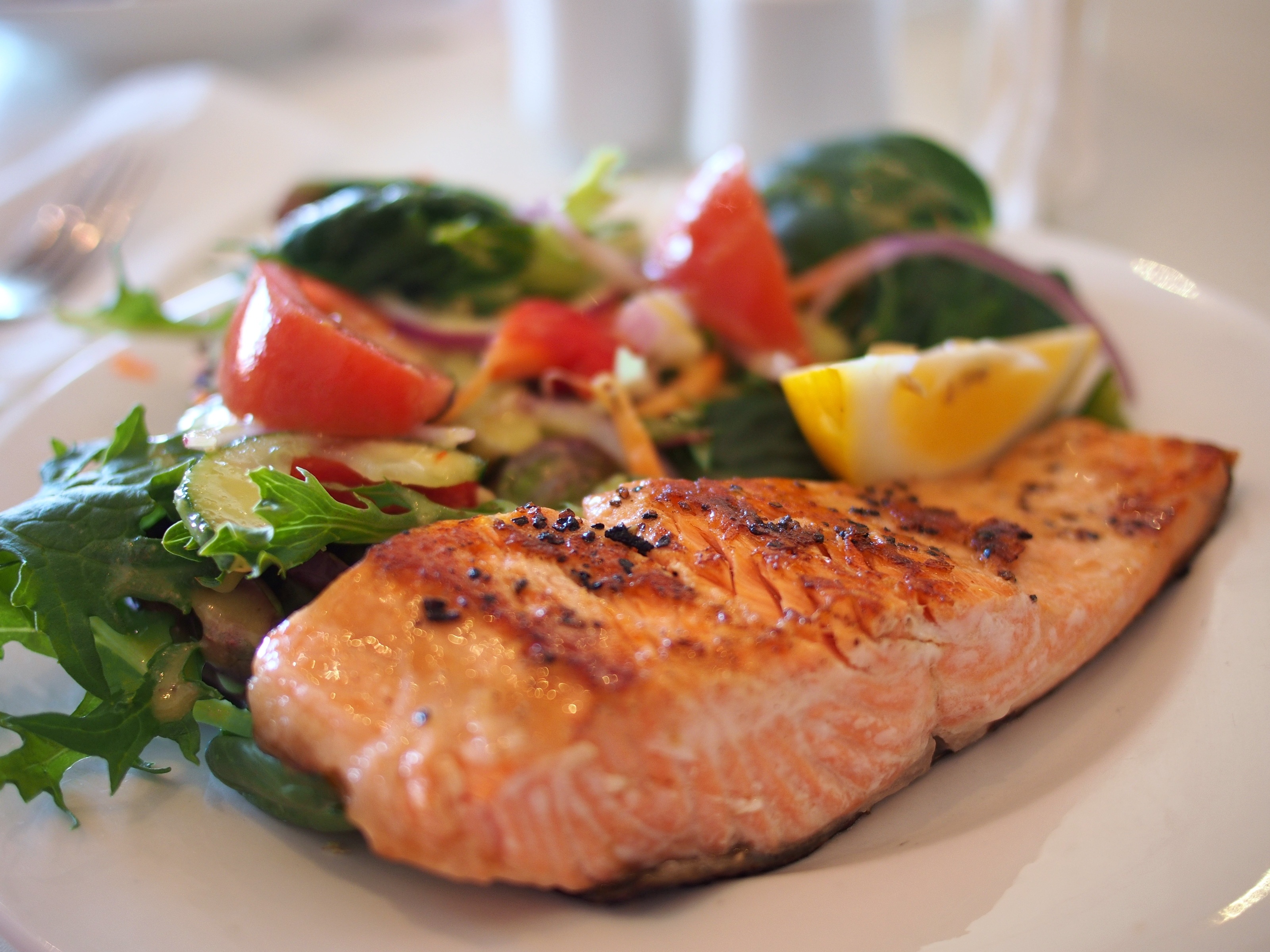
Protein
Protein is packed with amino acids, which helps manage neurological function so that you can maintain happy thoughts and feelings all day!
Great sources of protein can be found in lean meat such as grass-fed beef, organic chicken and turkey, fish, cheese, eggs, lentils, black beans, nuts and seeds.
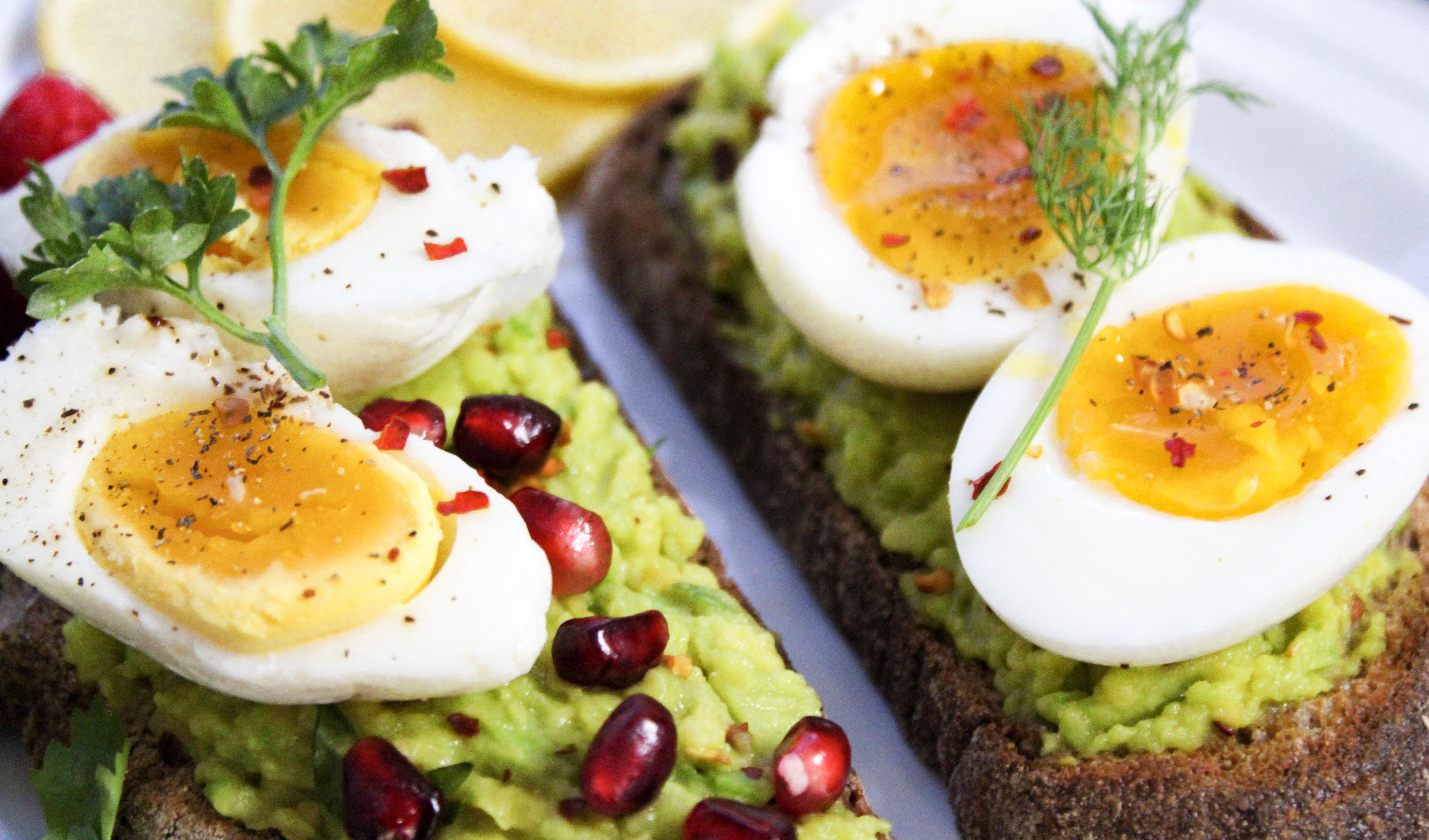
Leafy greens
Lush leafy greens such as spinach, kale and bok choy contain calcium, magnesium, and essential vitamins – most notably, folate, which is a water-soluble B vitamin and known to boost serotonin levels.
These nutrient-dense leafy greens are also full of chlorophyll, which helps purify the blood and assist in healthy liver function.
Popeye had it right when he chose his trusty can of spinach to boost his energy!
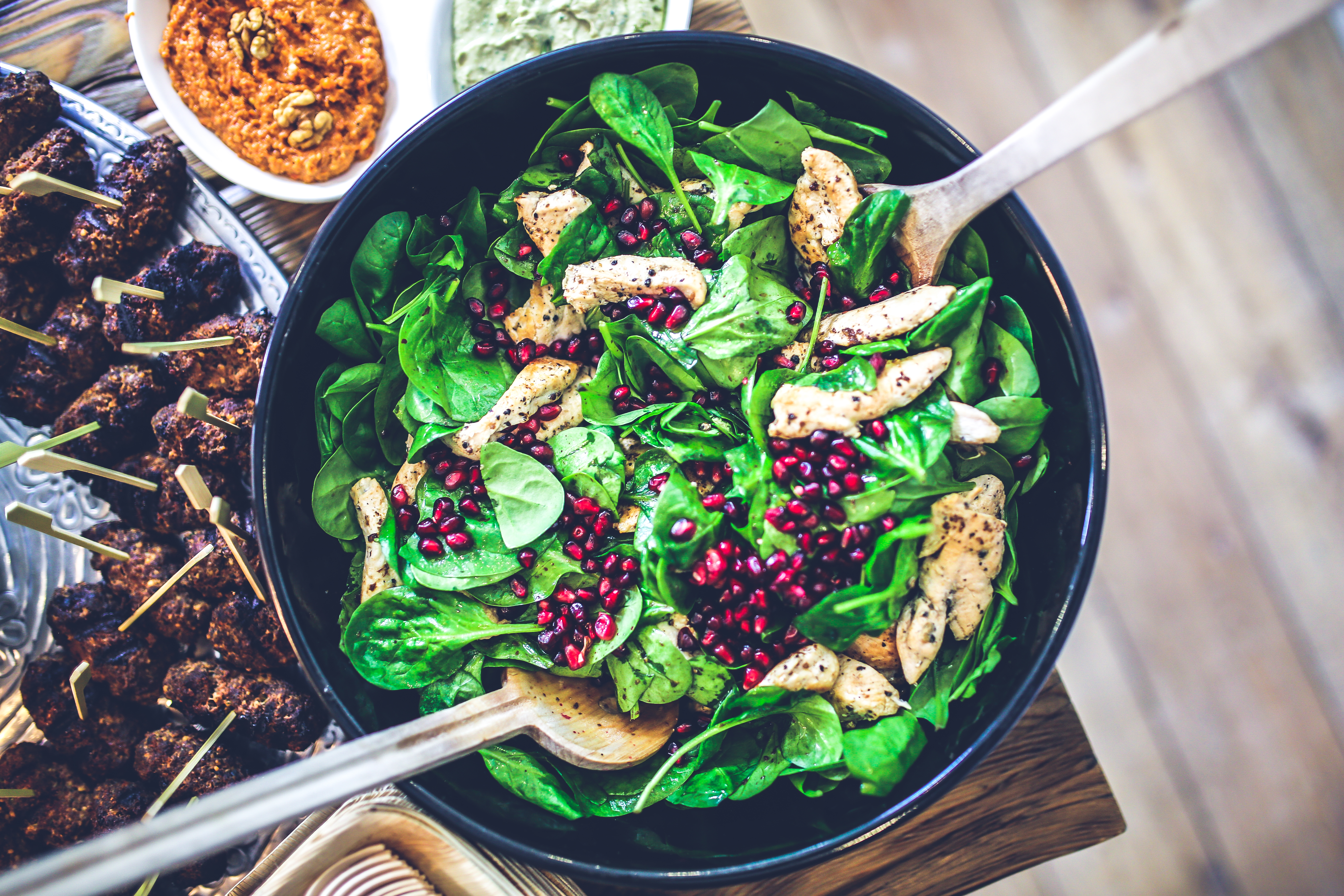
Fermented foods and Probiotics
Feeling bloated, blue and not quite yourself? You’re not alone. Scientific research has shed an important light on the link between gut health and mental health. The gut is often coined as our “second brain,” because it has its own nervous system that signals our brain through the vagus nerve – which can be why we often feel nauseous in our stomach when we’re really stressed out.
According to the Journal of Probiotics & Health (JPH), the key to better gut health is by replacing the bad bacteria, often found in highly processed and sugary foods, with good bacteria such as fermented foods and probiotics.
So what are probiotic foods?
“Probiotic foods are foods that contain live and active bacterial cultures. Probiotic foods also have benefit to the process of fermentation. Probiotics are widely used to prepare fermented dairy products such as yogurt or freeze-dried cultures. During fermentation, carbohydrates in the food are broken down into acids by various kinds of probiotic bacteria and/or yeast.” – The Journal of Probiotics & Health (JPH)
Yogurt is a great source of probiotics, as well as Keffir, which is a popular fermented drink with a similar yogurt-like consistency.
You can also get your probiotic fix by adding tempeh, kimchi, miso, kombucha and pickles to your diet.
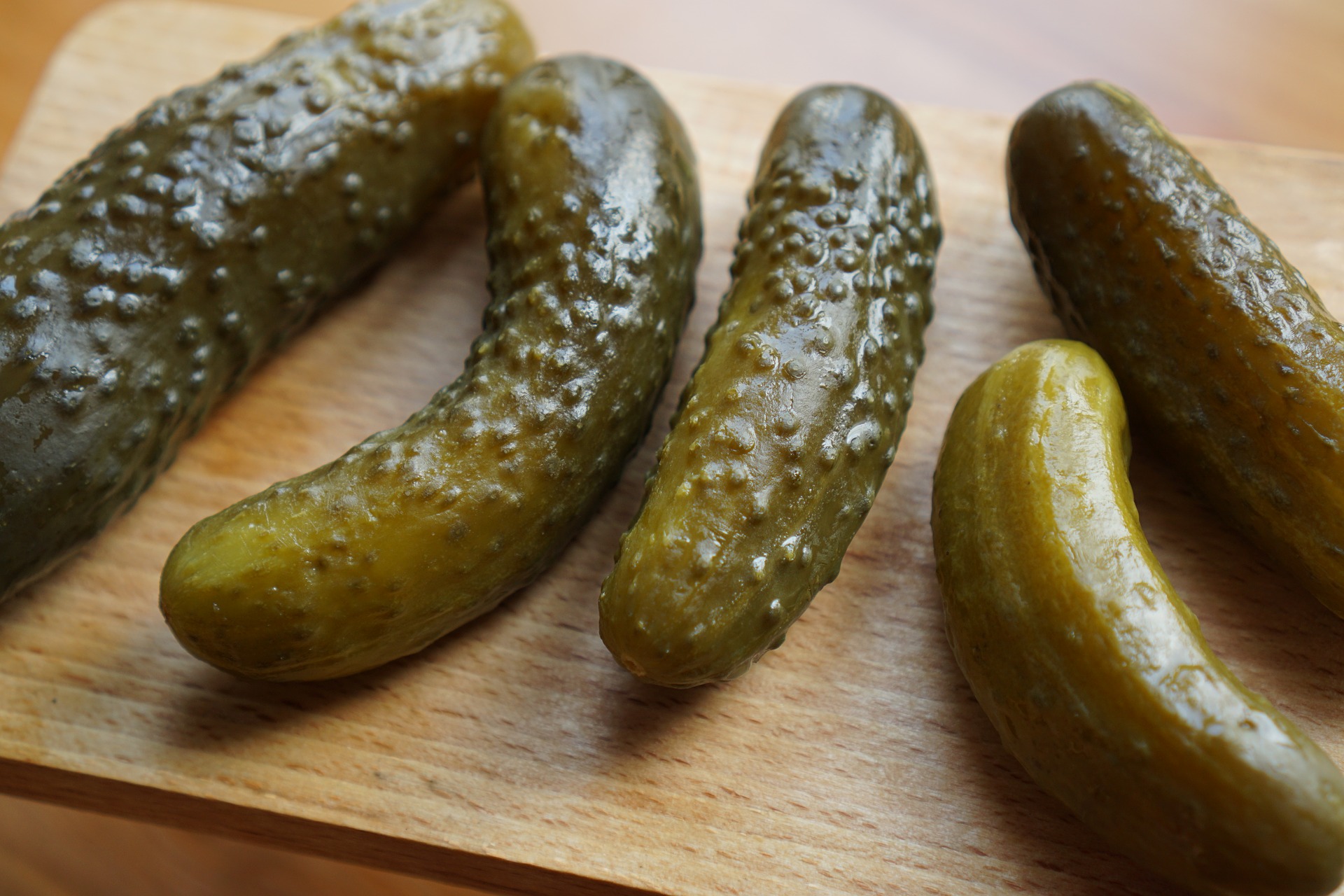
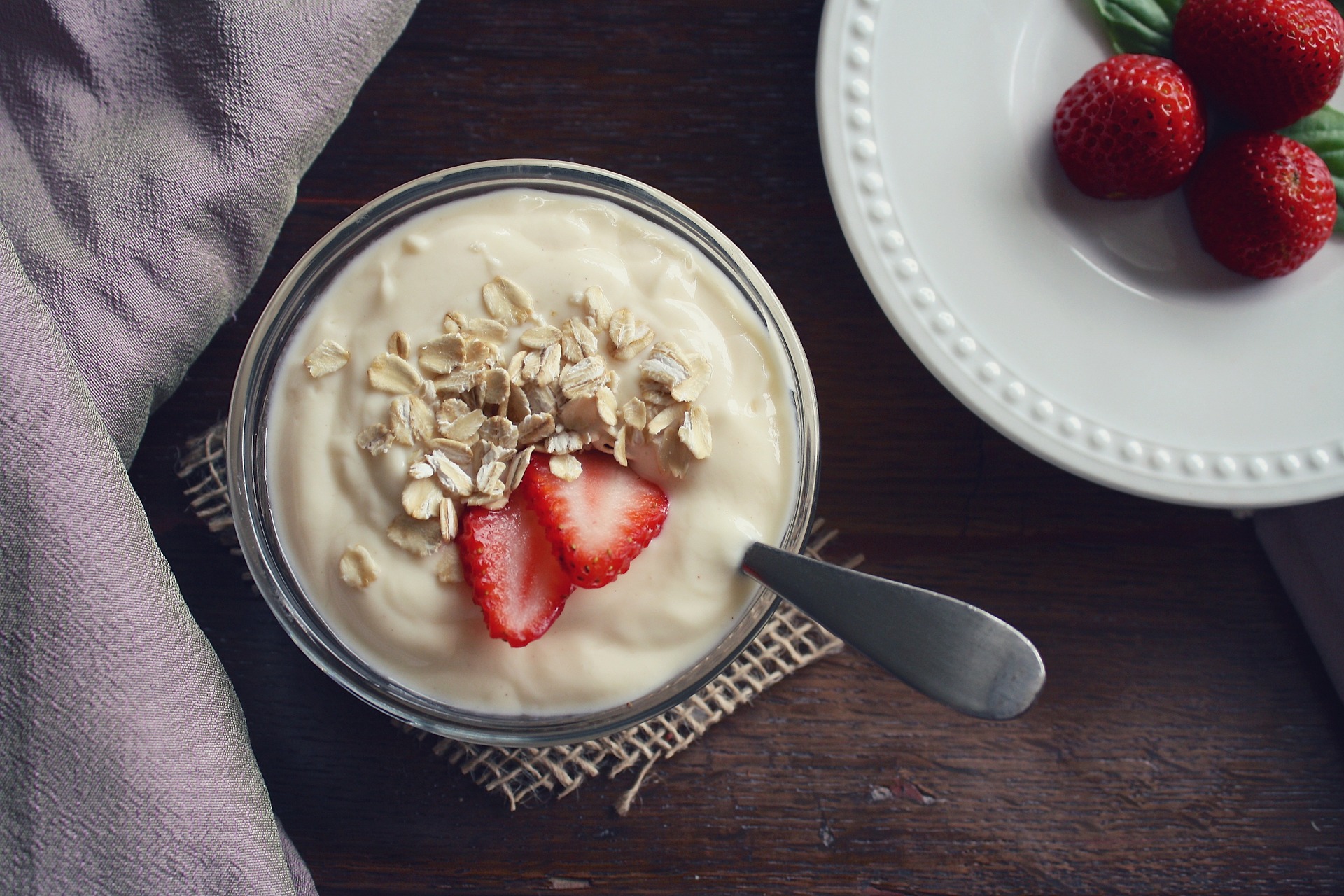
Starving for a new adventure? Check out our upcoming challenges in our calendar!


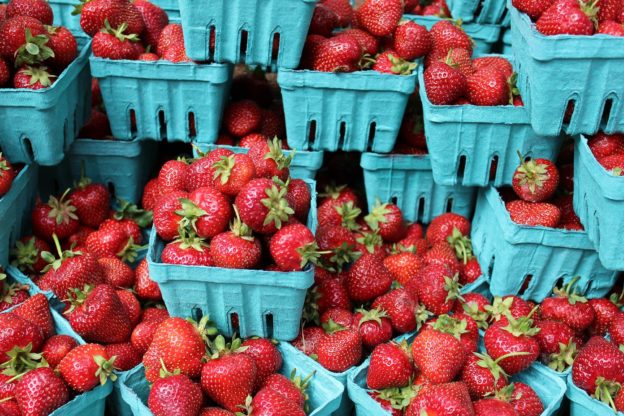





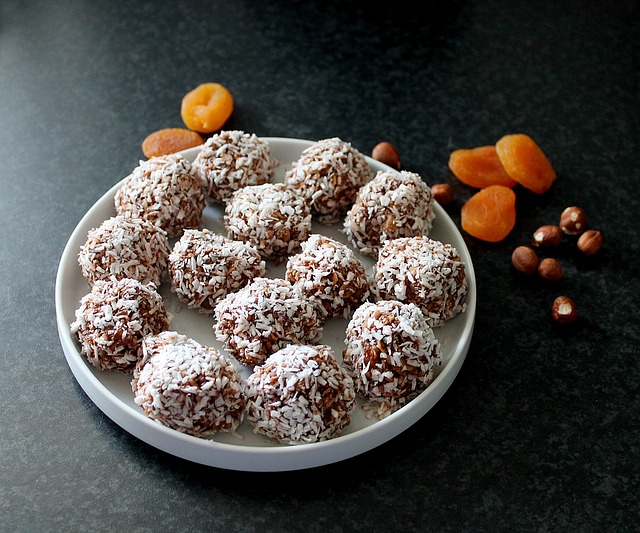

 Serves: 14
Serves: 14